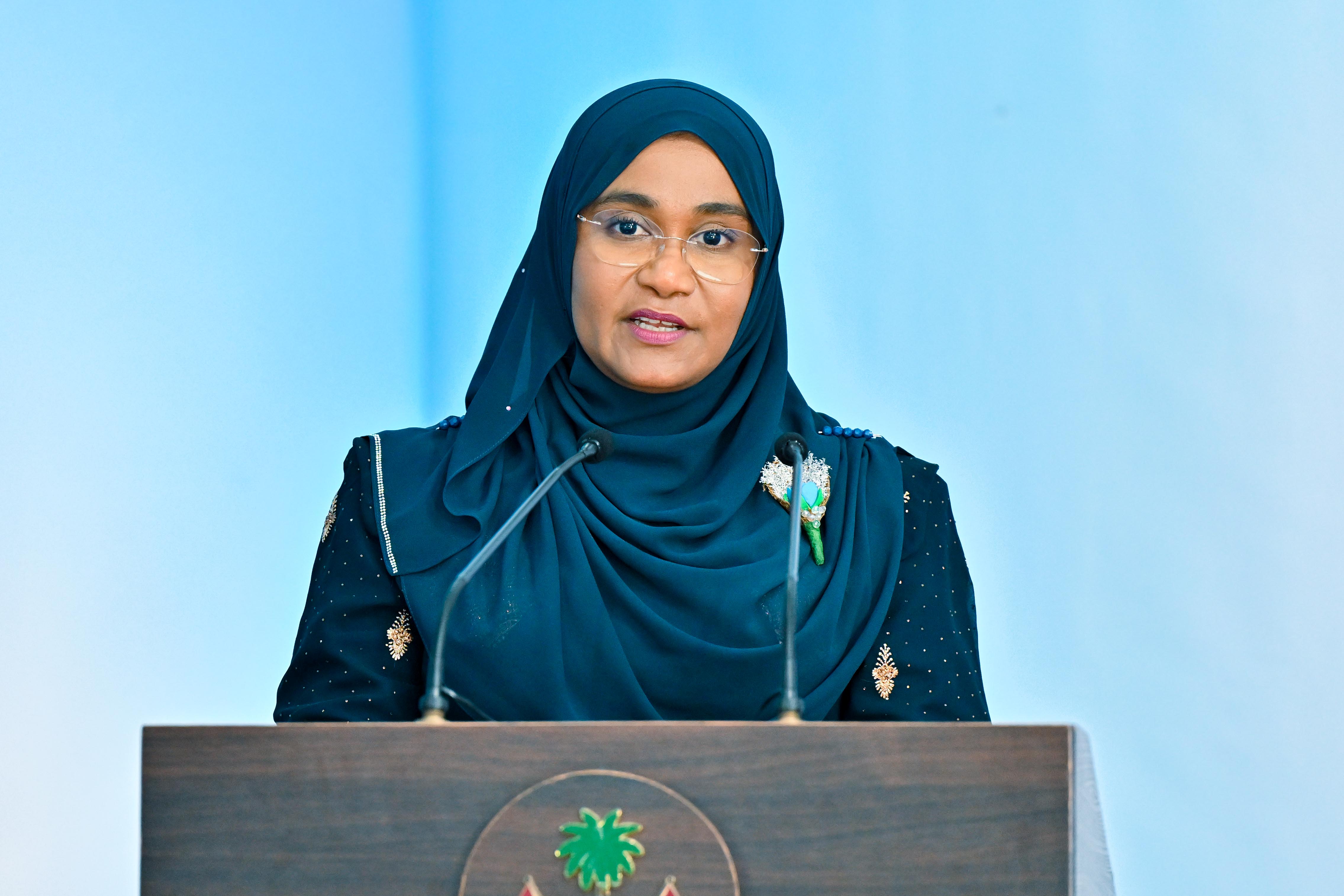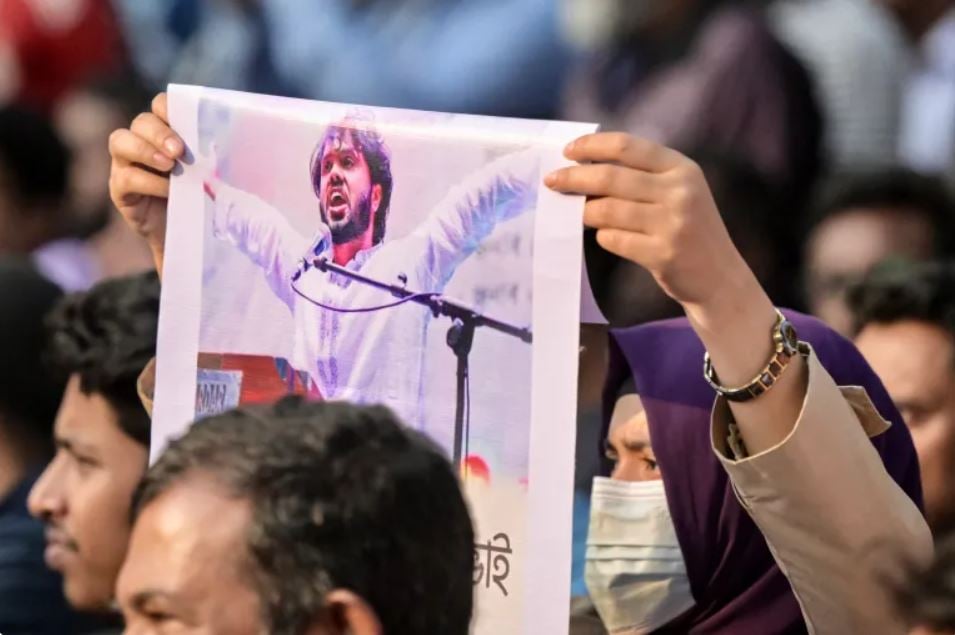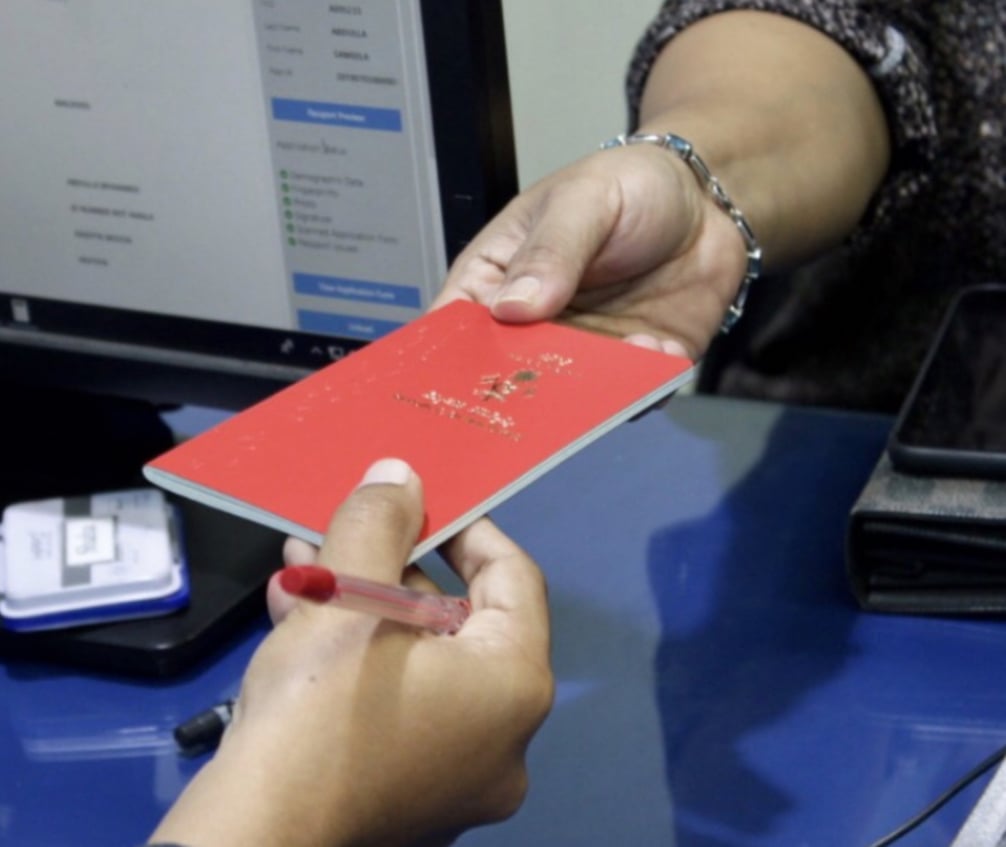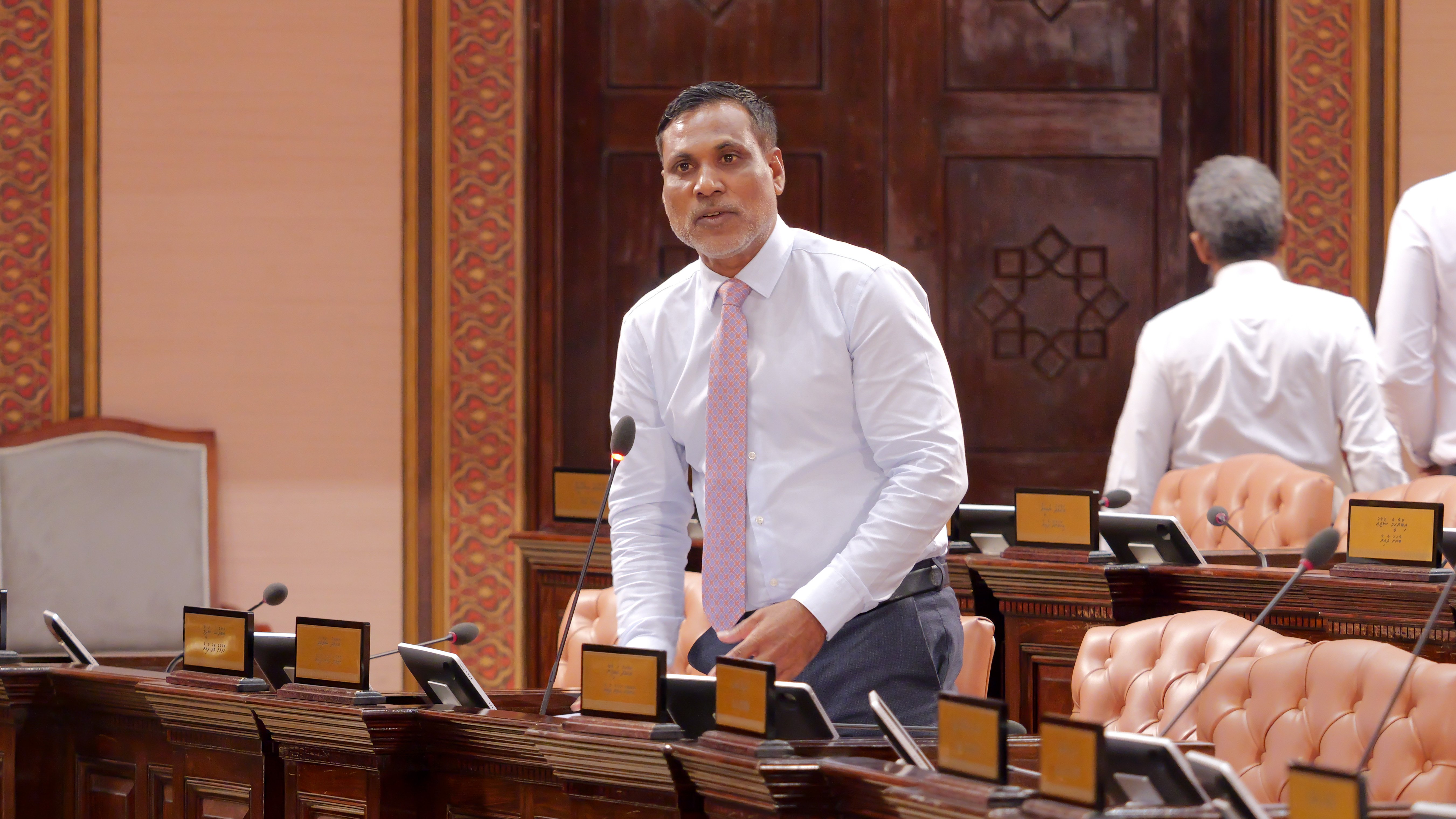First Lady Madam Sajidha Mohamed highlighted the importance of wellness and its connection to human safety at a special ceremony marking World Diabetes Day 2024.
Speaking at the event, she addressed the rising prevalence of non-communicable diseases (NCDs) in the Maldives, particularly those related to diet and lifestyle changes.
The First Lady noted that as the Maldives transitioned from a poor country to a developing nation, there have been significant shifts in living conditions, diet, and lifestyle. These changes have led to an increase in NCDs such as cancer, diabetes, and heart disease. She contrasted this with the past when communicable diseases were more common and pointed out that healthier lifestyles, more physical activity, and better dietary habits were prevalent when the Maldives were classified as a poorer country.
Extending her well wishes on World Diabetes Day, Madam Sajidha emphasized the hereditary nature of diabetes and the crucial role of lifestyle choices in managing the condition. She highlighted that prosperity has brought changes in food consumption, traditions, portion sizes, and physical activity levels, contributing to the rise in diabetes cases.
During the ceremony, the First Lady inaugurated the "Lifestyle Intervention Programme," which aims to assess how sustainable lifestyle changes can reduce the risk of developing diabetes and other NCDs. The program will screen the Dhiggaru population aged 16 and above, targeting those at high risk for diabetes to evaluate the impact of lifestyle changes on their health. Ten individuals from Dhiggaru have already been trained as lifestyle coaches for this initiative.
The International Diabetes Federation has set this year's World Diabetes Day theme as "Diabetes and Well-being," which focuses on mental, physical, and social well-being.
Speaking at the event, she addressed the rising prevalence of non-communicable diseases (NCDs) in the Maldives, particularly those related to diet and lifestyle changes.
The First Lady noted that as the Maldives transitioned from a poor country to a developing nation, there have been significant shifts in living conditions, diet, and lifestyle. These changes have led to an increase in NCDs such as cancer, diabetes, and heart disease. She contrasted this with the past when communicable diseases were more common and pointed out that healthier lifestyles, more physical activity, and better dietary habits were prevalent when the Maldives were classified as a poorer country.
Extending her well wishes on World Diabetes Day, Madam Sajidha emphasized the hereditary nature of diabetes and the crucial role of lifestyle choices in managing the condition. She highlighted that prosperity has brought changes in food consumption, traditions, portion sizes, and physical activity levels, contributing to the rise in diabetes cases.
During the ceremony, the First Lady inaugurated the "Lifestyle Intervention Programme," which aims to assess how sustainable lifestyle changes can reduce the risk of developing diabetes and other NCDs. The program will screen the Dhiggaru population aged 16 and above, targeting those at high risk for diabetes to evaluate the impact of lifestyle changes on their health. Ten individuals from Dhiggaru have already been trained as lifestyle coaches for this initiative.
The International Diabetes Federation has set this year's World Diabetes Day theme as "Diabetes and Well-being," which focuses on mental, physical, and social well-being.


















